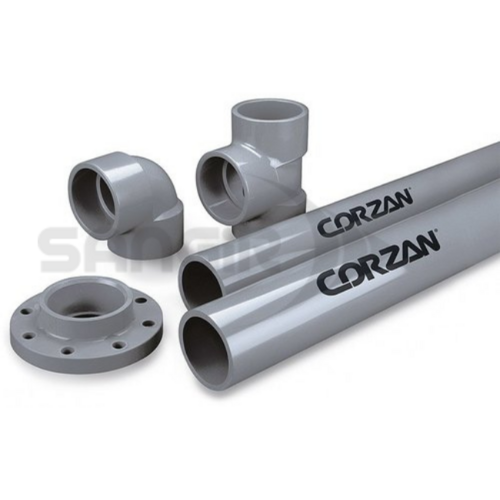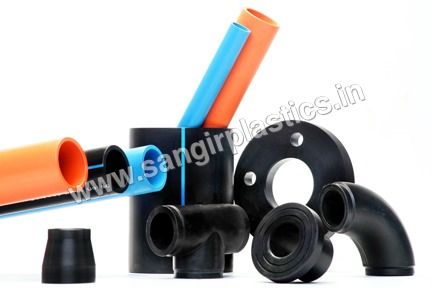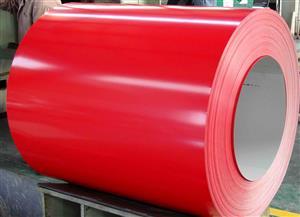
X
CPVC Pipes Price And Quantity
- 100 Kilograms
CPVC Pipes Trade Information
- 4-5 Days
- All India
Product Description
CPVC (Chlorinated Polyvinyl Chloride) pipes are a type of plastic piping system made from a specially engineered thermoplastic material. They are known for their versatility, durability, and resistance to a wide range of temperatures and chemicals, making them suitable for various residential, commercial, and industrial applications. Here are some key points about CPVC pipes:
Properties and Benefits:
- Temperature Resistance: CPVC pipes can withstand higher temperatures compared to standard PVC pipes, typically up to 93 degree centigrade, making them suitable for hot water distribution.
- Corrosion Resistance: They are highly resistant to corrosion from most acids, bases, salts, aliphatic hydrocarbons, and other chemicals, ensuring a longer lifespan in harsh environments.
- Durability: CPVC pipes are known for their long-term reliability and resistance to mechanical damage and UV radiation.
- Easy Installation: They are lightweight and easy to handle, which simplifies the installation process. CPVC pipes can be joined using solvent cement, which creates a strong, leak-proof bond.
- Low Thermal Conductivity: CPVC has low thermal conductivity, which helps in maintaining the temperature of the fluid being transported and reduces heat loss.
- Cost-Effective: They are generally more affordable than metal pipes and require less maintenance, leading to cost savings over time.
Common Applications:
- Residential Plumbing: Widely used for hot and cold potable water distribution systems.
- Commercial and Industrial Plumbing: Suitable for carrying hot water and chemicals in commercial and industrial settings.
- Fire Sprinkler Systems: Used in automatic fire sprinkler systems due to their high heat resistance.
- Chemical Processing: Ideal for transporting various chemicals due to their chemical resistance properties.
- HVAC Systems: Used in heating, ventilation, and air conditioning systems for distributing hot water and other fluids.
Installation Tips:
- Cutting: Use a fine-toothed saw or a specialized pipe cutter to ensure a clean, straight cut.
- Deburring: Remove any burrs or rough edges from the cut ends to ensure a proper fit.
- Fitting and Solvent Cementing: Apply a primer (if required) and solvent cement to both the pipe and fitting surfaces, then assemble quickly to ensure a strong bond.
- Support: Properly support CPVC pipes at regular intervals to prevent sagging and ensure a stable installation.
- Expansion and Contraction: Allow for thermal expansion and contraction by including expansion loops or offsets in the piping system.
Considerations:
- Pressure Ratings: Ensure that the selected CPVC pipes meet the required pressure ratings for the specific application.
- Compatibility: Check compatibility with the fluids being transported, especially in chemical processing applications.
- Code Compliance: Ensure that the installation complies with local building codes and standards.
- Avoid Direct Sunlight: Prolonged exposure to direct sunlight can degrade CPVC pipes, so consider using UV-resistant coatings or burying the pipes when installed outdoors.
CPVC pipes offer a reliable and efficient solution for various piping needs, combining the benefits of plastic with the ability to handle higher temperatures and a wide range of chemicals.
Tell us about your requirement

Price:
Quantity
Select Unit
- 50
- 100
- 200
- 250
- 500
- 1000+
Additional detail
Mobile number
Email








